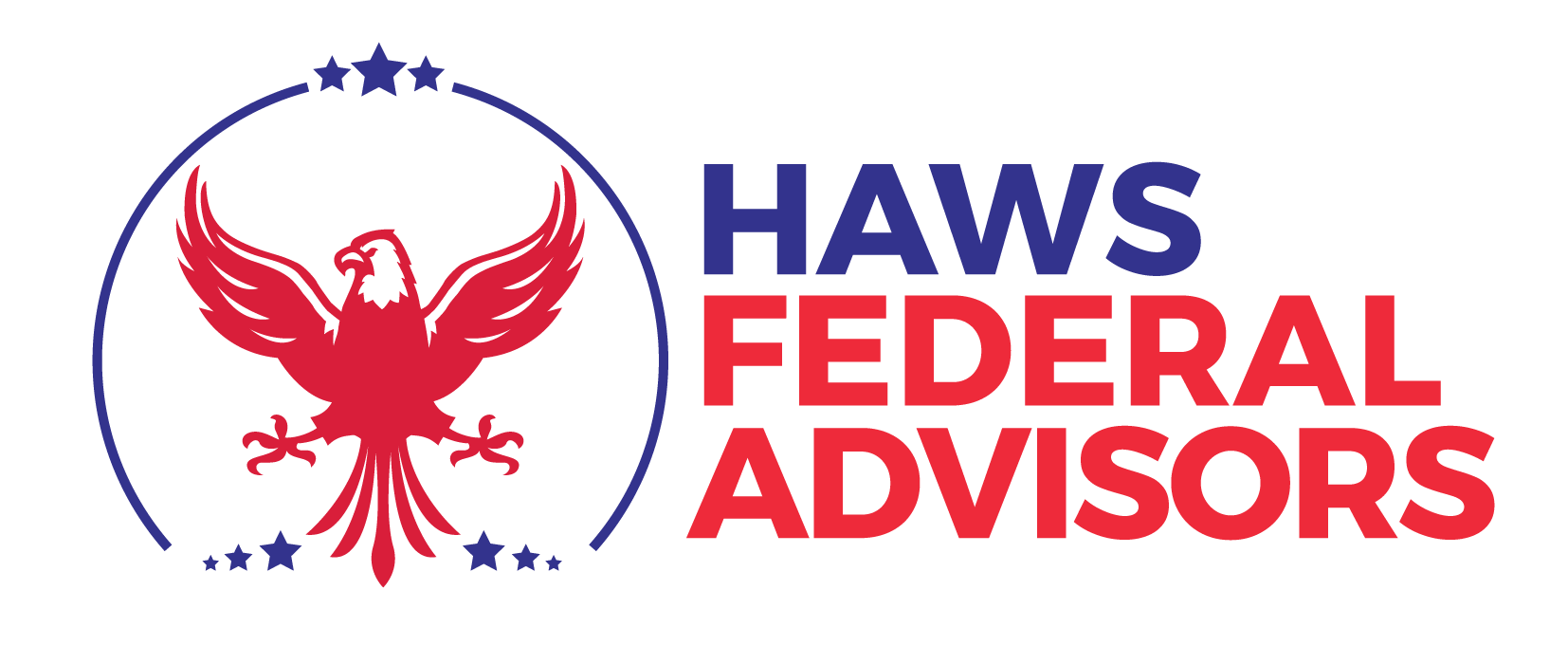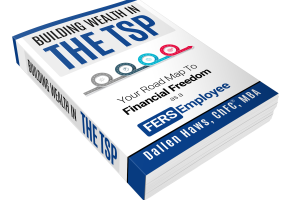One of the most stressful times in your federal career is when you transition from working to retirement. It’s important to avoid mistakes as you transition. Many federal employees realize they don’t have as much money as they thought they would. In this article we will discuss some things you can do now to make the transition into retirement easier or things you can start implementing during your retirement.
Gross vs Net
Most federal employees want to make sure they have enough money to retire. A great starting point is to see how much net money you are taking home now and compare it to the net money you will have in retirement. When I say “net” it means after taxes, and after deductions. Let’s take a look at the net value for the pension, TSP, and social security.
Pension – If you need help calculating your pension, here is a great resource. But, this calculation is your gross pension. In retirement your pension will be taxed as earned income. Your pension might also have the following deductions: health insurance (FEHB), life insurance (FEGLI), survivor benefits, and dental/vision.
TSP – If you have a traditional TSP (most feds do), any money you withdraw will be taxed.
Social Security – Social security can also be taxed up to 85% depending on how much you make in retirement. Many people like to have a part-time job or a small business to earn a little more. This might affect your social security benefits. Medicare part b premiums might also be affected based on your income in retirement.
It’s important to know what your net money is so you can compare apples to apples when you get your next paycheck.
SCD vs RSCD
Knowing the difference between your SCD (service computation date) and RSCD (retirement service computation date) is important. Your SCD is found on your LES statement but it does not always give you the exact years of service you have. It is used for leave purposes only.
Your RSCD is a little harder to find but it’s the number that matters when retiring. The reason RSCD can be different from your SCD is when you have unique periods of time that you don’t work full-time for the FERS. This could be years of service in the military or a period of time that you worked part-time. Make sure you use RSCD when thinking about your retirement years.
Retirement Application
The retirement application can be a pain. Many people mess up their retirement application. Whether it’s typos or incorrect information, any mistake will make OPM take longer to verify. Some mistakes are irreversible so you want to make sure you don’t mess up.
One example is making sure you give your spouse survivor benefits (if you want them). To give your spouse 50% of your pension payment and health insurance (FEHB) upon your death, you must select the 10% reduction of your pension every month. To give your spouse 25% of your pension payment and health insurance (FEHB) upon your death, you must select the 5% reduction of your pension every month.
When talking about FEHB, to qualify for it on your retirement application, you have to have FEHB at least in the last 5 years before retirement. If you’ve had FEHB in the last 4 years, you do not qualify for FEHB in retirement.
If you find the retirement application is too overwhelming, get some help. Our firm can help with that if you schedule an appointment with us here. There are also people in your agencies that might be able to help. You don’t want the retirement application wrong.
TSP Annuity
An annuity from your TSP is when you give part or all of your money to an insurance company in exchange for a guaranteed payment for the rest of your life. This might work for some federal employees, but it isn’t the best option for most. Federal employees already have guaranteed income sources like social security and the pension. What most federal employees lack is flexibility with their money. Having control over your TSP money is a great option for retirees as certain situations/emergencies come up that require a lot of money immediately. Remember, once you sign up for a TSP annuity, there’s usually no going back.
Big TSP Withdrawals
Some retirees like to pay off their house or buy a new boat when they retire. If you are one of those people, you want to be careful with taxes. If you withdraw a lot of money from your traditional TSP in one year, your tax bracket will most likely increase. One thing you can do is spread the payment over a couple years. Instead of taking $200,000 out of your traditional TSP in one year, you can take $50,000 out for 4 consecutive years.
Conclusion
There’s so many mistakes to avoid during your career but especially when you retire. Hopefully what we discussed helped you be aware of the consequences of certain mistakes and what you could do to avoid them. If you have any questions, feel free to check out our website here, or schedule an appointment with us here.


